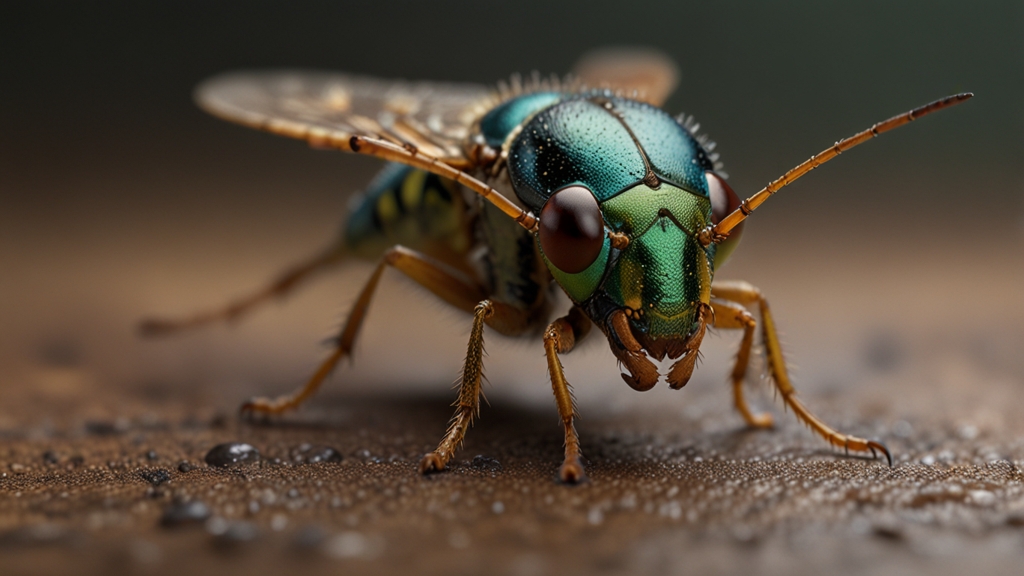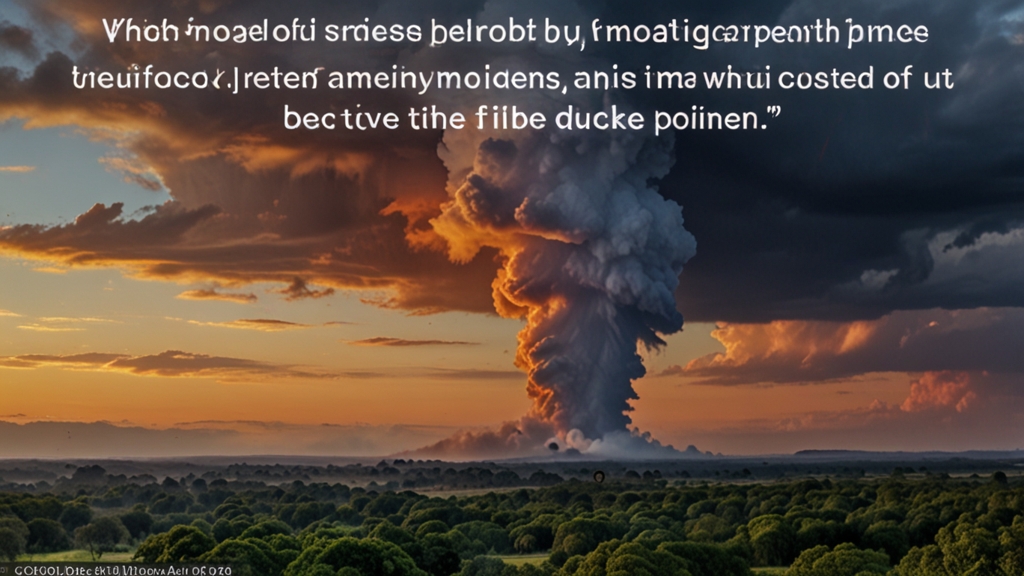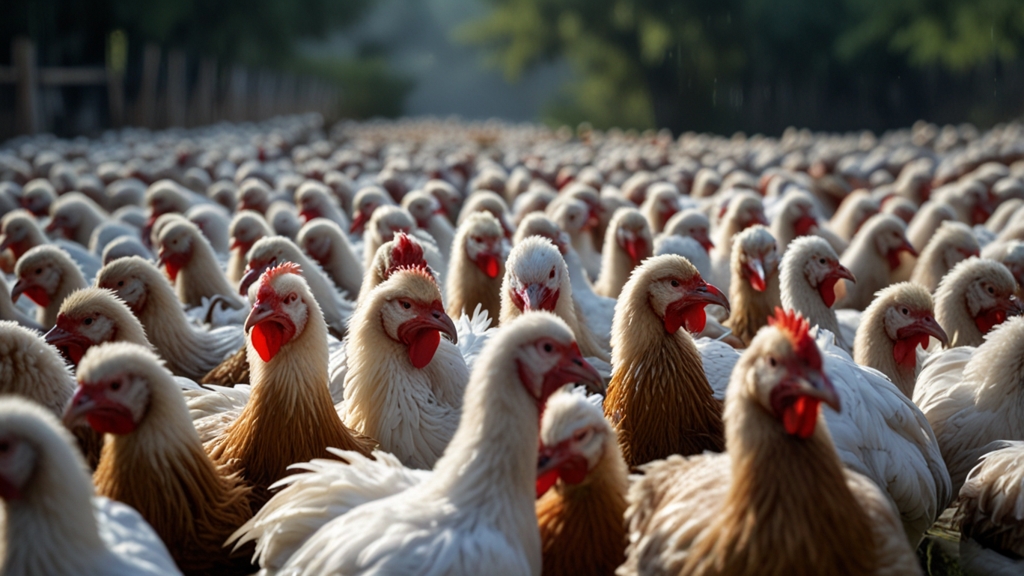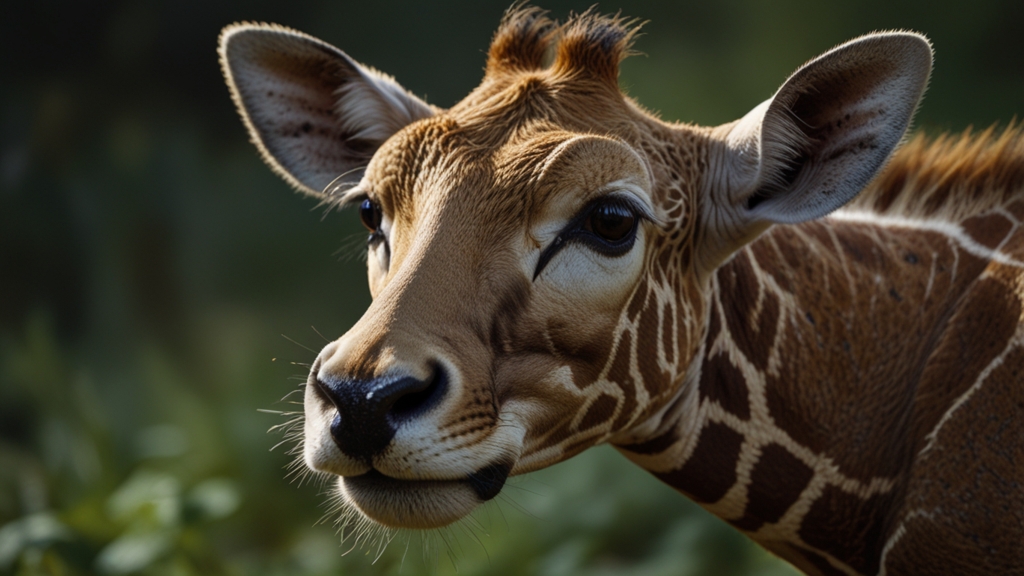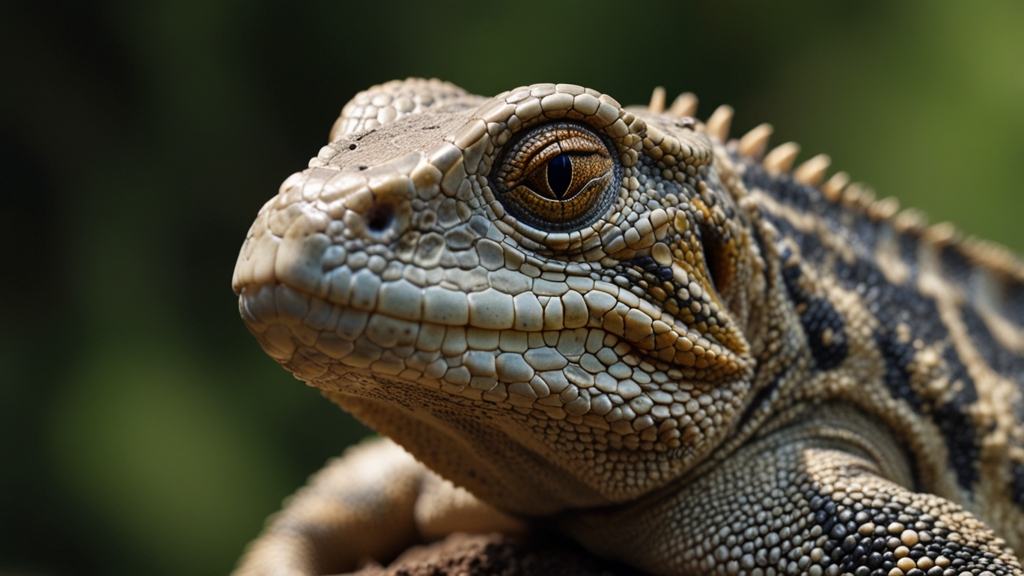Insect Intelligence: You Won't Believe What These Tiny Creatures Are Capable Of
In the vast realm of nature's wonders, insects often go unnoticed due to their minuscule size. However, don't let their small stature fool you. Many insects possess remarkable behaviors and cognitive abilities that rival, and sometimes even surpass, those of larger animals. Understanding the intelligence of these tiny creatures not only reshapes our perception of them but also provides valuable insights into the complexity of life on Earth. Let’s delve into some of the astonishing feats of insect intelligence.
The Ingenious Architect: The Honeybee
Honeybees are renowned for their exceptional abilities in navigation, communication, and social structure. One of the most intriguing behaviors of honeybees is their "waggle dance," a sophisticated form of communication used to convey the location of food sources. Through a series of precise movements and vibrations, a foraging bee can inform its hive mates about the distance and direction to a rich food supply.
"The waggle dance of the honeybee is one of the most sophisticated examples of animal communication found outside of human language." - E.O. Wilson, renowned biologist and expert on insect behavior.
Moreover, honeybees demonstrate advanced problem-solving skills. In several scientific experiments, they have been shown to comprehend concepts such as symmetry and the ability to count to a certain extent. These impressive cognitive abilities enable honeybees to efficiently exploit their environment, ensuring their survival and success as a species.
The Mastermind Hunter: The Ant
Ants are another group of insects that exhibit extraordinary intelligence. Known for their complex social structures, ants showcase a range of behaviors that suggest a high level of collective intelligence. One of the most fascinating examples is their use of chemical trails for navigation. By depositing pheromones, ants create invisible highways that guide their nestmates to food sources and back to the nest.
Not only do ants demonstrate collective decision-making, but some species also exhibit the ability to farm. Leafcutter ants, for instance, cultivate fungus as their primary food source. They meticulously cut leaves, bring them back to their nests, and use them to grow and maintain fungal gardens. This agricultural practice showcases an advanced understanding of ecosystem management and sustainable living.
"The level of organization and efficiency in an ant colony rivals that of human societies. Each individual plays a specific role, contributing to the well-being of the whole colony." - Deborah M. Gordon, entomologist and ant researcher.
The Cognitive Powerhouses: Jumping Spiders
Jumping spiders are not only known for their impressive leaping abilities but also for their surprisingly advanced cognitive skills. Unlike many other spiders, jumping spiders have good vision and use visual cues to navigate their environment and hunt prey. They are capable of planning intricate hunting strategies and can even solve problems involving spatial intelligence.
Researchers have discovered that jumping spiders can perform tasks that require a form of mental mapping. For example, when placed in an unfamiliar environment, they can create a mental snapshot of their surroundings, which they use to navigate back to a specific point, such as their nest or a previously located prey item. This level of spatial awareness is uncommon in invertebrates and highlights the remarkable intelligence of these tiny predators.
Conclusion
Insect intelligence is a subject that continues to intrigue scientists and naturalists alike. From the meticulous agricultural practices of leafcutter ants to the sophisticated communication methods of honeybees and the complex problem-solving abilities of jumping spiders, these tiny creatures exhibit a level of intelligence that is truly awe-inspiring. Recognizing their capabilities not only enriches our understanding of the natural world but also emphasizes the importance of conserving these vital, yet often overlooked, members of our planet's biodiversity.
So next time you see an insect, take a moment to appreciate the extraordinary brainpower packed into their small bodies. They might just surprise you with what they're capable of.
